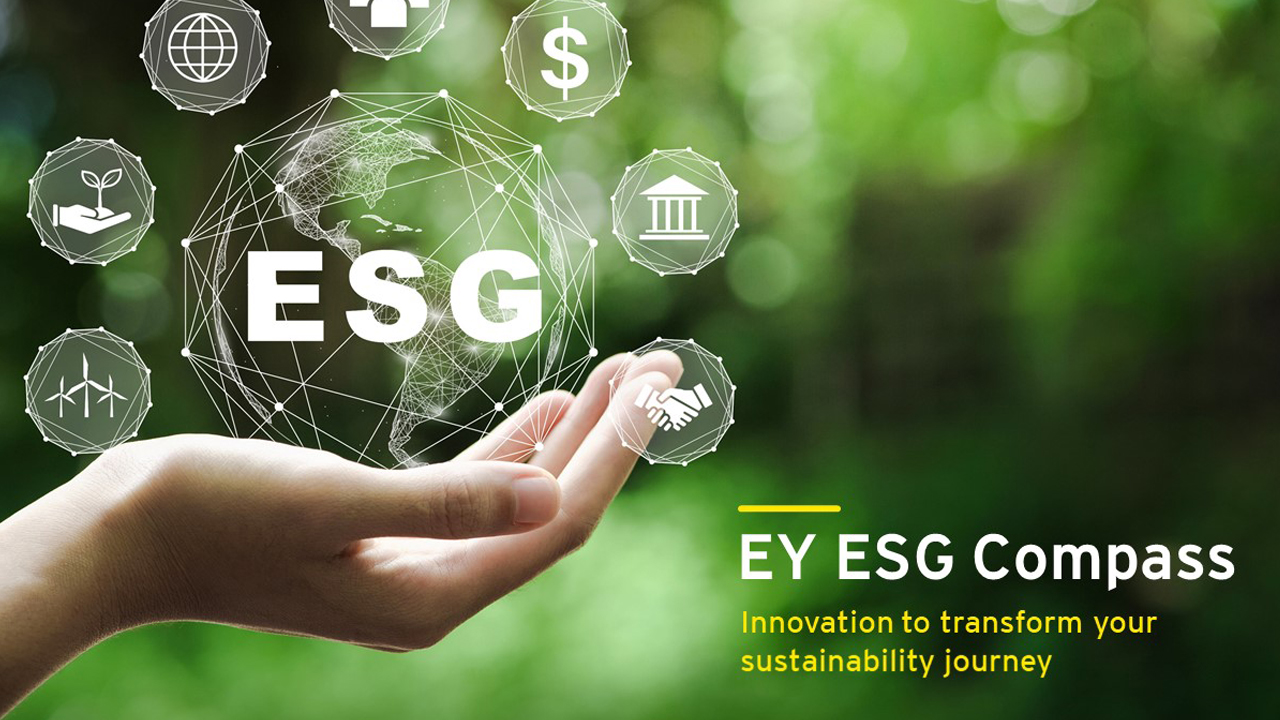This shift is fueled by a multitude of compelling forces. Growing consumer consciousness and evolving stakeholder expectations have placed environmental and social responsibility at the forefront of corporate priorities. Simultaneously, regulatory landscapes are adapting, enforcing stricter norms around environmental protection, ethical labor practices, and robust governance. Technological advancements such as AI and data analytics are further empowering companies to track their impacts, measure progress, and implement sustainable practices with greater efficiency and transparency.
Beyond ethical considerations, integrating Environmental, Social, and Governance principles in business unlocks tangible economic benefits. Reduced waste, optimized resource usage, and empowered workforces contribute to enhanced operational efficiency and cost savings. Additionally, aligning ESG and sustainable business practices strengthen brand reputation, attracting and retaining top talent, and fostering investor confidence.
The transformative shift in global value chains towards Environmental, Social, and Governance (ESG) principles is substantiated by a recent survey conducted by EY among supply partners covering 50 businesses. Notably, 93% of respondents in the survey prioritize human rights and safety, reflecting a broader ESG objective that extends beyond environmental considerations. The survey also unveiled a remarkable awareness level, with 88% of participants being familiar with ESG standards and frameworks.
While challenges exist, such as navigating complex regulations and aligning diverse stakeholder interests, the long-term economic benefits of ESG integration in value chains are undeniable. Industry leaders who adapt and seize this opportunity will be best positioned to thrive in a rapidly evolving global landscape, shaping a more sustainable and prosperous future for themselves and society as a whole.



